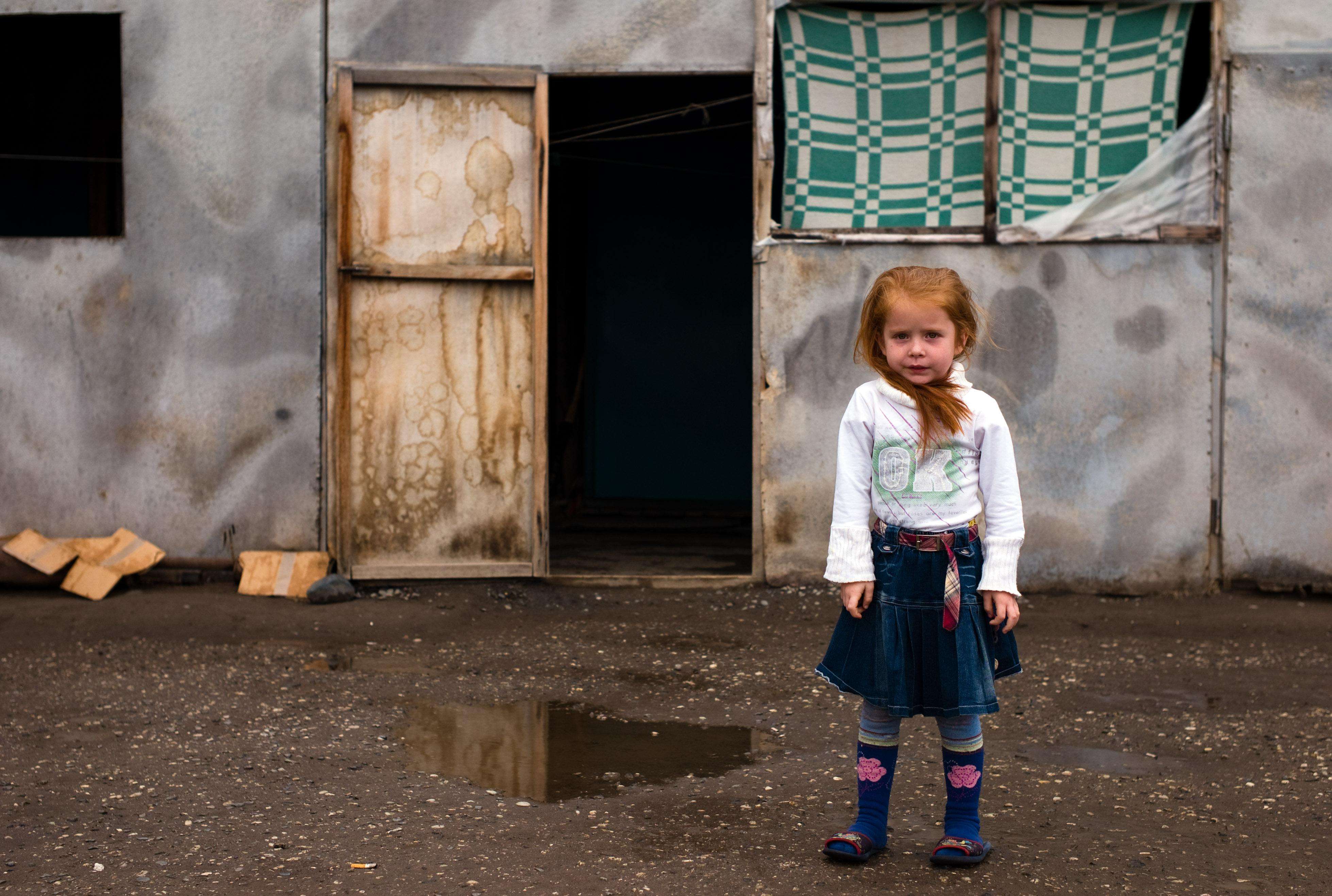MSF is one of few aid organizations still on the ground. Teams are witnessing the severe impact violence is having on the population, whose suffering goes largely unnoticed.
With the deterioration of security in Ingushetia, people live in fear for their own safety of that of their relatives. Doctors Without Borders/Médecins Sans Frontières (MSF) is one of few aid organizations still on the ground and witnessing the severe impact violence is having on the population, whose suffering goes largely unnoticed.
Ingushetia, a small Russian republic in the North Caucasus, once sheltered more than 210,000 displaced people who fled the war in the neighboring Chechnya. Today, there are an estimated 18,000 displaced people in the republic, many of them living in hazardous conditions. But the situation of the local population is not much better. With few natural resources and an unemployment rate hovering around 70 percent, the future looks bleak. And over the last two years, the situation has deteriorated further as Ingushetia has become one of the most violent areas of the Russian Federation.
“There are daily attacks on law-enforcers and officials,” Willem de Jonge, MSF’s head of mission says. “The population itself has become the innocent victim. They are subjected to continuous violence through a cycle of attacks and counter-attacks.”
Even though there is currently no war, the security situation is precarious. Every day, the region is shaken by explosions, shootings, and attacks. More than 170 people were killed in 2008 and 139 had already lost their lives during the first half of 2009. The constant feeling of stress and anxiety draws many people into depression.
“Every day emergency hospitals in Ingushetia receive victims of armed violence,” says Lamara Umarova, an MSF mental health officer. “Our counselors work with the victims of violence and their relatives who are also suffering.”
The insecurity in Ingushetia is taking a toll on the population. Over the past two years, MSF has experienced a sharp rise in the numbers of mental health consultations in Ingushetia as the proportion of violence-related consultations has grown to approximately 80 percent. “Traditional coping mechanisms–family ties, friendship, religion–do not work well today. Feelings of distrust and unsafety prevail among people. They have become almost accustomed to this violence and don’t want to talk about it,” explains Mareta Gudiyeva, MSF’s mental health program manager.
MSF’s mental health services are implemented by nine counselors in three districts of Ingushetia with a focus on acute trauma. The three main centers are open five days a week in the district hospitals of Nazran, Sunzha, and Malgobek. Aiming to provide better access for people in need, the counselors receive clients in six village polyclinics weekly.
“Today we see people come to our counselors in search of confidential, neutral, unbiased assistance," Gudiyeva says. “In this difficult situation the most important thing for our clients is to speak out their problems and to be heard. They trust MSF and that is the valuable result of our work here.”
MSF has been present in Ingushetia since 1999 when the Second Chechen War started, supporting the displaced. Today, MSF provides primary health care to displaced people and most vulnerable groups of local population. Psychosocial programs have been an important element of MSF activities in the republic since 2003.




